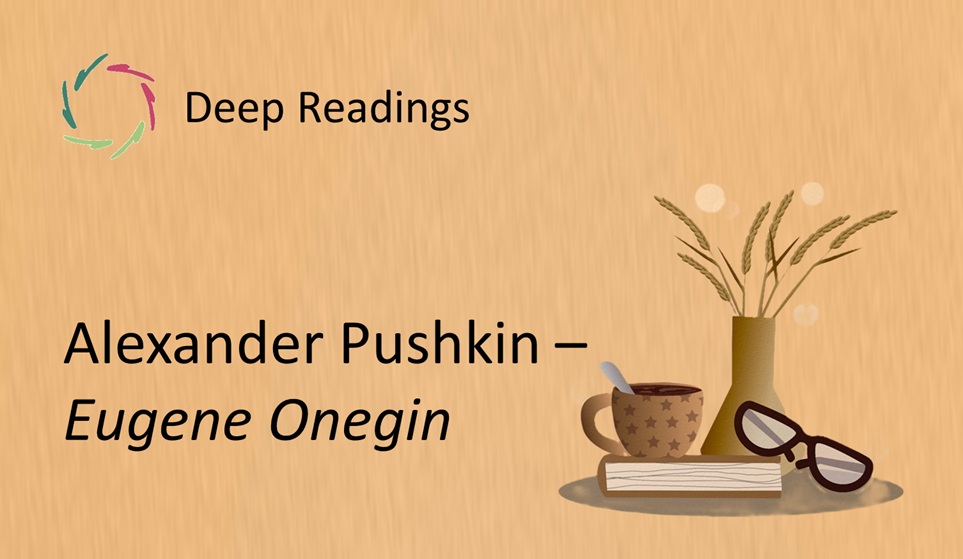Deep Readings: Phil Collins ― Against All Odds (Take a Look at Me Now) (1984)

The fragment
“Take a look at me now — there’s just an empty space; and there’s nothing left here to remind me, just the memory of your face.”
(Copyright proof)
Read full lyrics → Genius
Watch move fragment → on YouTube
Contextual glimpse
Written for the 1984 film Against All Odds, Phil Collins turned a private heartbreak into a spare, surging power ballad. The song’s architecture is simple: intimate piano, breath-close vocal, and then the famous drum swell that makes the private suddenly public. Its speaker isn’t accusing; he’s witnessing a loss he cannot stop. The lyric isn’t crowded — a few plain images carry the weight.
Collins had recently lived through divorce, and that biographical truth lends the song its lived-in timbre. As a single, it reached a wide audience and became one of Collins’s signature performances. Onstage, the quiet-then-skyward arrangement makes audiences hold a breath and release it together.
Resonance
This fragment fixes on the aftermath — not the fight, not the leaving, but the space that remains. “Empty space” and “memory of your face” are plain phrases, yet they feel archetypal: everyone knows a room the beloved no longer fills. The voice is powerless and lucid at once, naming what cannot be mended by will. The strength here is in telling the truth without varnish.
From an AURELIS perspective, the depth lies in how the song doesn’t lash out. It doesn’t turn pain into blame. It stands in the space and looks. Grief becomes courage when it remains honest without becoming hard. The drums arrive like a pulse returning — not a victory march, but a way to move breath through the loss. In that sense, the song is not just about love ending; it is about staying whole while it does.
Why this may also be about you
There are moments when something dear has already left, and the mind keeps reaching into air. Standing in that “empty space” is part of healing.
Naming what remains — the memory, the shape of absence — can be the first kindness. From there, breath returns, and with it, a way forward that doesn’t betray what was.
Lisa’s inspired, original idea about this fragment
Imagine the “empty space” as a shoreline at low tide. The water has pulled back; what’s revealed is not only barrenness but hidden contours. If you walk there gently, you learn the ground you stood on without knowing.
Then, when the tide returns — as tides do — it is met differently. The sea hasn’t become yours; you have become more yourself beside it.
Echoes
The song has had a long afterlife: Collins’s Live Aid performance etched its quiet-to-surge arc into collective memory; later covers (notably Mariah Carey’s solo and duet versions) re-voiced its ache for new listeners. Talent shows and film/TV syncs keep returning to its release-and-rise structure because it maps so well to shared emotion.
The refrain “take a look at me now” became a shorthand beyond the song — a phrase people use to mark the raw moment after loss, when there is nothing clever to say. Each reprise confirms the fragment’s role as a communal lens: a way to feel large feelings without theatrics.
Inner invitation
Let this fragment live inside you for a while, as a room you enter softly. Picture a place that feels “empty” to you now. Stand there in imagination and breathe once in, once out, without fixing anything.
Name one thing that remains — a small memory, a kindness, a learned strength. Thank it. When you step back from the room, carry that one thing with you, as if it were a gentle stone in your pocket.
Closing note
This is about the human being you are: someone who can face an emptied space without emptying yourself. The drum swell is your pulse — proof the heart goes on telling the truth.
Lisa’s final take
In the space that stays, your pulse learns a new sea.
Keywords
loss, grief, acceptance, memory, empty space, tenderness, resilience, breakup, vulnerability, honesty, pulse, release, transformation


